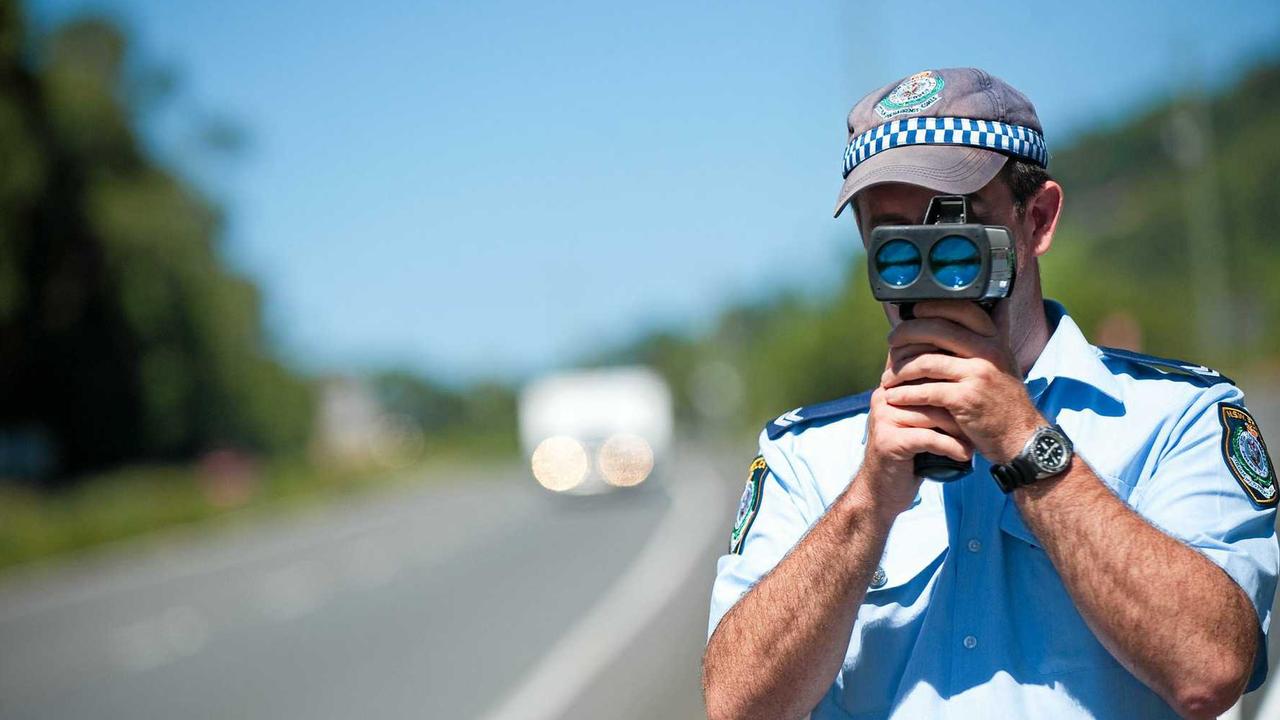Sisters in Law: Brothers borrow mum’s car, rack up fines and demerit points
A mother is seeking legal advice after her kids have been using her car and racking up speeding fines and demerit points that are in her name.
Welcome to Sisters In Law, news.com.au’s weekly column solving all of your legal problems. This week, our resident lawyers and real-life sisters Alison and Jillian Barrett from Maurice Blackburn help a woman whose sons are driving her car and getting speeding fines and racking up demerit points they aren’t claiming.
QUESTION:
I’m a mum of three boys who are all in their late teens and early 20s. I recently bought them a car to share so I don’t have to give them lifts anymore. The car is in my name but they’re all insured. Last week I got two speeding tickets in the post – both at over $400 a pop and with three points per fine to boot. None of my boys will admit it was them driving and I don’t know what to do. I’m so mad that they aren’t being honest but short of kicking them out I don’t know what my options are. What does the law say about me naming the driver who got the fines? Is there any way around it so I don’t have to name the driver but I don’t get the points? – Karen, 56, SA
RELATED: Bosses’ sneaky annual leave move

RELATED: Aussie wife’s revenge on ‘lazy’ husband
ANSWER:
It’s understandable that your sons’ behaviour here is driving you mad.
Before we get into the legal advice, have you thought about taking the car off your boys until you get a confession?
If the speeding culprit (or culprits) are still not owning up, there are some steps you can take to try and identify who was driving, and avoid the demerit points.
In South Australia the official name for the document issued if you are caught speeding is an expiation notice.
These are always sent to the registered owner of the motor vehicle that was detected speeding (or whatever offence was committed).
You have the right to view the photograph of the car that was taken when it was committing the offence.
This can be requested and accessed online through the South Australia Police portal. All you need is the notice number, your vehicle registration and the alleged offence date.
Depending on the clarity and angle of the photograph, it may provide you with some insight into which of your sons was driving your car.

Assuming you are able to work out the driver, you’ll then be able to complete a statutory declaration that nominates the son that was the actual driver.
These statutory declarations are to be completed in an approved form and are available on the police website.
Your son will then be issued with an expiation notice in his name.
If you can’t work out who was driving the vehicle the statutory declaration allows you to also notify police that you have not been able to identify the driver.
If you select this option you’ll be required to provide detailed information that outlines all the steps you have taken to identify the driver.
In addition to checking the photo, reasonable steps to take would be to trace back to the dates, time and location of each offence and the whereabouts of your sons. For example, perhaps the offence occurred on a particular day and/or time when one of them usually travels to work or another commitment.

It would also be useful to list the names of each of your sons as potential nominated drivers as the police may wish to contact them directly.
Assuming this is accepted it will avoid you having to pay the fine and accrue the demerit points.
If it is not accepted and the notice remains in your name, you also have the right to request a review of the expiation notice. This can be done online.
There are many different grounds for review, however the ones that might apply to your circumstances include a mistake of identity or if there are exceptional circumstances.
A different department in South Australia Police will then decide if the notice should stand.
Your last resort to contest the notice is to go to court where a magistrate will make the decision after considering all of the evidence you provide.
This legal information is general in nature and should not be regarded as specific legal advice or relied upon. Persons requiring particular legal advice should consult a solicitor.
If you have a legal question you would like Alison and Jillian to answer, please email stories@news.com.au
Get more from Alison and Jillian on their Facebook page



